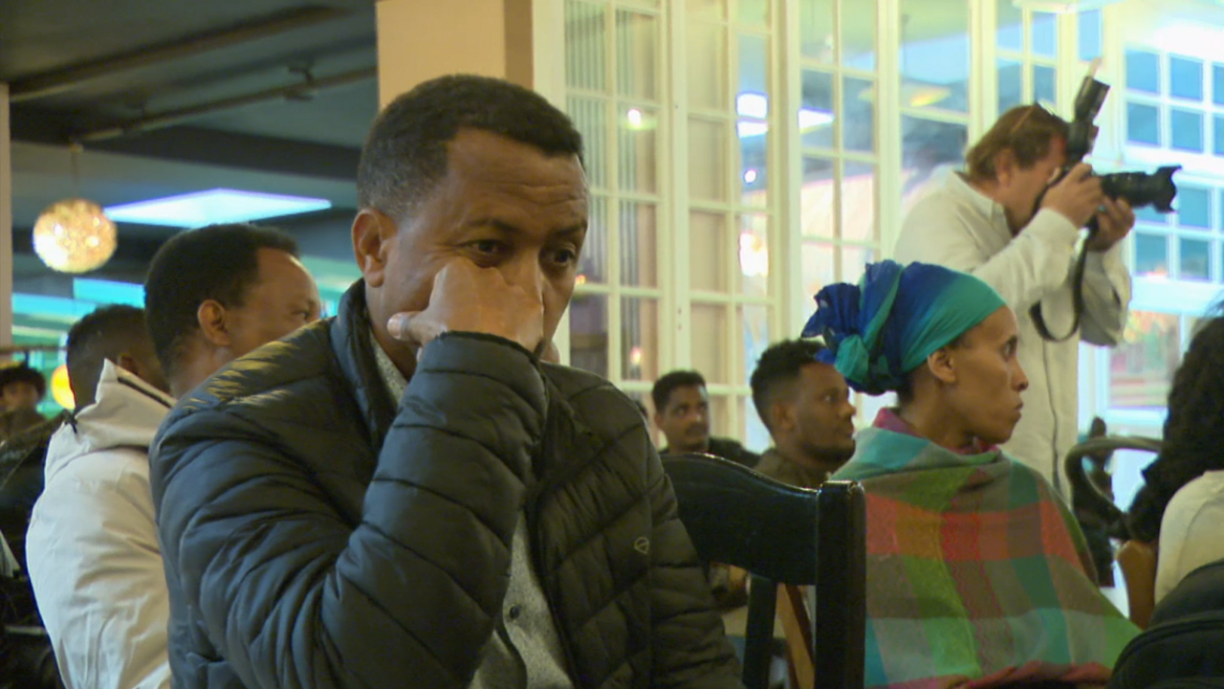
A collective of several hundred Eritreans in Luxembourg is calling for urgent action to address what they describe as a dire housing crisis, saying many refugees are being forced into precarious living conditions after leaving state shelters. At a gathering on Wednesday, participants shared not only individual hardships but also what they see as a systemic problem.
Many Eritreans are now officially recognised refugees and, as such, are required by the National Reception Office (ONA) to leave asylum housing facilities. The question, they say, is: where can they go?
Community leader Solomon Mokonen described the struggles in conversation with RTL: “Someone may sleep one week at a friend’s place, or else in a hotel. I know two families who live in a hotel and pay around €4,000 a month. They have no income, and it’s the community that helps them pay. But the community cannot do this forever.”
He warned that the consequences go beyond not having a roof: “Without housing, you lose your job, you lose your children, you also lose income. Imagine five children, no income, no work, no housing. Over time, they will end up on the street.”
Conditions for those still in ONA facilities are also described as alarming. Fessehaye Ghebregergis highlighted overcrowding: “Imagine that 29 young ladies live in a single room, ... in a camp with other 150 men. That is hard!”
Residents are now urging the government to see these situations first-hand by “respectfully and politely” inviting delegates to personally visit and inspect all the camps, “especially the most difficult camps, such as Soleuvre, Don Bosco, Mondercange, Kirchberg, and Ettelbruck”.
Many Eritreans said they had already received letters from the ONA instructing them to leave. When contacted, the ONA referred questions to the Ministry of Justice, which in turn pointed to the Ministry of Housing. Housing Minister Claude Meisch issued only a written statement, saying that demand for affordable housing is high and that measures are being put in place to expand supply for everyone.
More than 170 Eritreans had already sent a letter in late August to the relevant ministries outlining their concerns and demands.
According to government figures, in 2024, the highest number of demands for international protection in Luxembourg came from Eritreans (374), followed by Syrians (307) and Algerians (135).